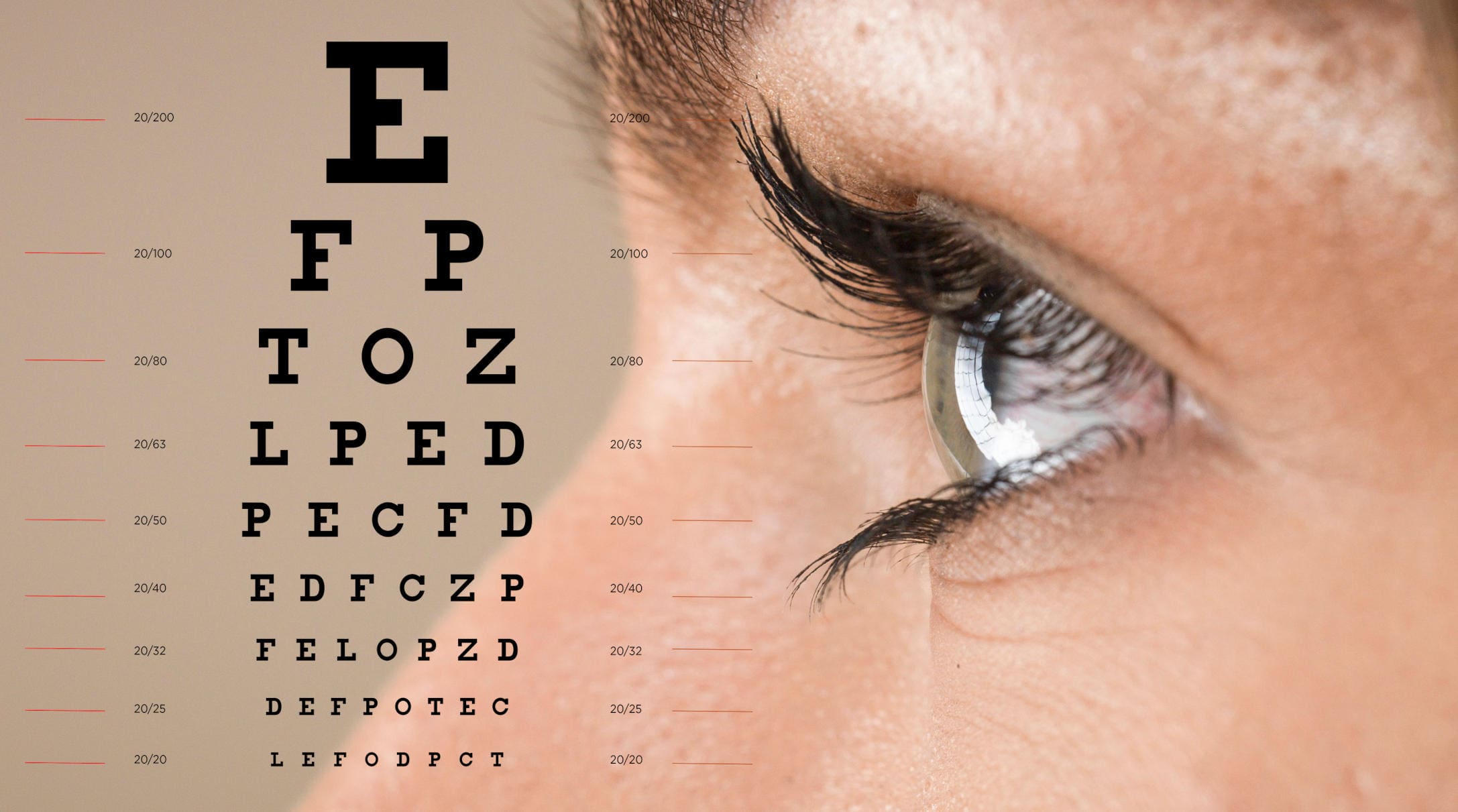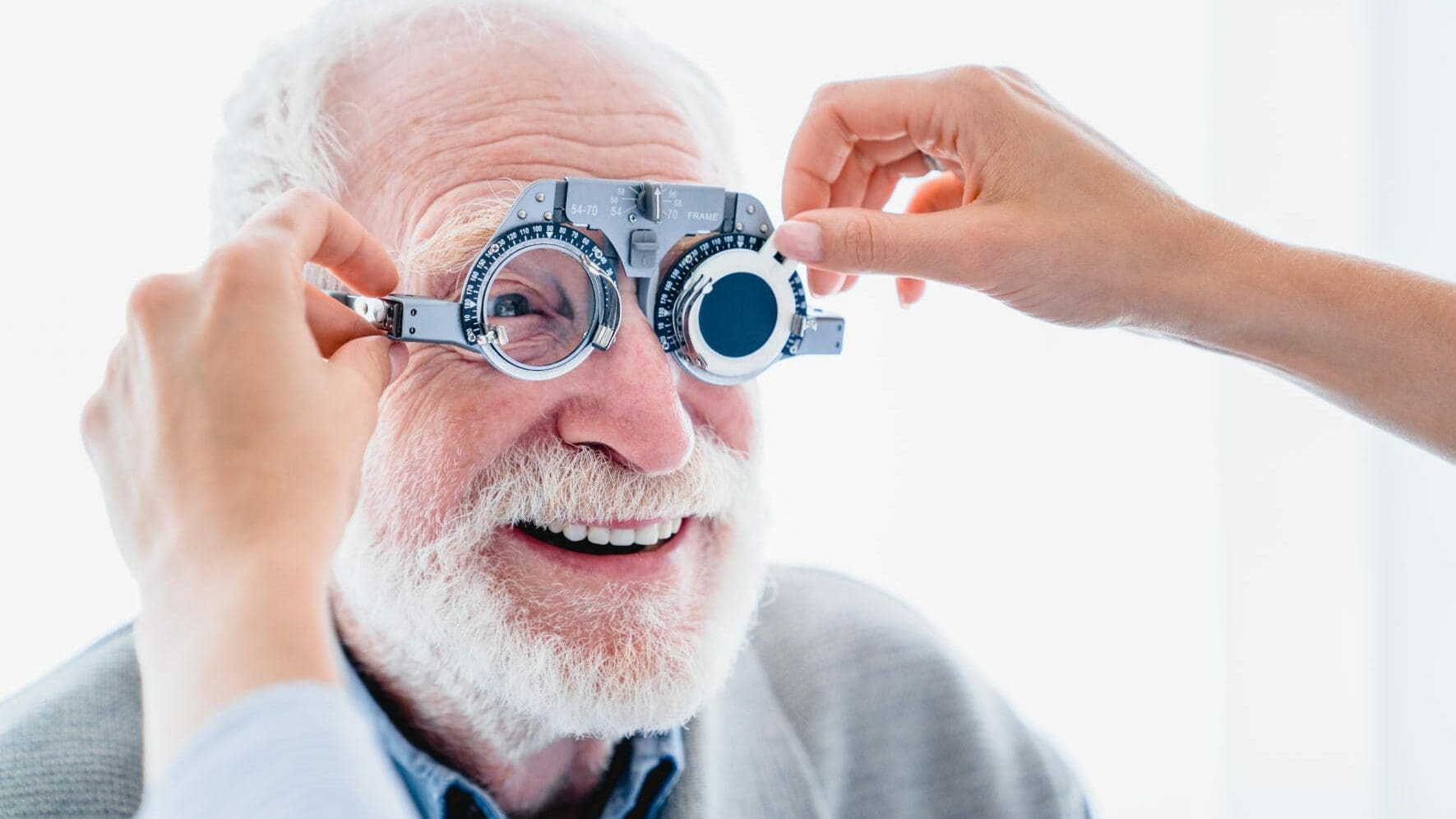
How to Protect Our Vision and Sight
Did you know that our sight and vision are among the most sensitive parts of the body?
Our eyes are extremely fragile organs—especially when we live in a toxic environment.
There are several ways to protect our vision and maintain healthy eyesight:
1) Visit Your Optician Regularly
The first step is to make sure we see an optician every year, or at least every two years, depending on our age and condition.
Our eyes have natural defenses against external aggressors, but sometimes the exposure to light, pollution, or strain becomes too intense. That’s when it’s essential to be careful—and to visit an eye care professional.
2) Use Protective Glasses
The best protection for the eyes is wearing glasses or sunglasses. Both are very important.
Glasses provided by an optician are designed with UV protection, which is essential for preserving vision.
Whatever the situation, proper eyewear plays a key role in protecting your eyes from damage caused by UV rays, blue light, or physical irritants.

2) Eye Drops
When we visit an optician or optometrist, they may recommend products that help maintain proper eye hydration and sometimes assist in gently cleaning the eyes.
For example, if you get dust in your eyes, there are products available with a chemical composition similar to natural tears. These can help remove particles gently; Without needing to touch your eyes with your fingers.
- Please note: Always discuss eye drops with your optician. While they can be helpful in some situations, they may not be suitable if you have allergies or other sensitivities. Only an eye care professional can recommend the right product for your condition.
3) Protecting Eyes from Sunlight
One of the greatest risks to our vision and cornea is exposure to sunlight without UV protection.
This includes being outdoors for extended periods; In the garden, at the beach, or especially in the mountains, where sunlight reflecting off snow can intensify UV exposure.
Many of us have looked directly at the sun as children, only to be warned not to. During solar eclipses, for example, it’s crucial to wear special protective glasses designed to block dangerous UV rays.
Even when you’re not looking directly at the sun, wearing sunglasses with certified UV protection is essential whenever you’re outside.
Glasses from a qualified optician usually come with UV-protective lenses, which help shield your eyes from damage.
- Be cautious with cheap plastic sunglasses: They can create a false sense of protection. The dark tint may cause your iris to dilate (open wider), allowing more harmful UV rays to enter your eyes; Potentially damaging your cornea.

We must be constantly careful.
One of the most important times to protect our vision is after undergoing eye surgery.
This is common for older individuals, as certain age-related eye conditions may eventually require surgical intervention.
However, the period following surgery is when the eyes are most sensitive, and extra care is needed to ensure proper healing and protection.
4) Heavy Metal Contamination
For individuals who have been exposed to heavy metal contamination, it’s helpful to know that certain dietary supplements, such as Chlorella, may offer benefits.
Chlorella can help increase Vitamin A levels, which is important for maintaining healthy vision. It may also support the body’s detoxification process through a mechanism known as “chelation” (Link) a process that helps remove heavy metals from the body.
Please note: Dietary supplements should only be taken as part of a balanced diet. Never exceed the recommended daily intake and always follow medical or nutritional supervision.(Link), (Link).
5) Eye Injuries – Information from the NHS Website:
6) RNIB: Royal National Institute of Blind People (Charity):
- RNIB Website : (Link)

Comments are closed